
How Inequality Distorts Economics
The growing global concentration of wealth has made basic data on household savings, the trade deficit, and overseas assets increasingly unreliable.


The growing global concentration of wealth has made basic data on household savings, the trade deficit, and overseas assets increasingly unreliable.
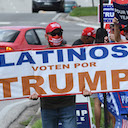
It’s time to let go of the belief that changing demographics will bring about a progressive America.

Owen Hatherley’s eye-opening account of the left in power in London suggests both the possibilities and limits for municipal socialism.

It’s easier to blame individuals for the opioid crisis than to attempt to diagnose and cure the ills of a society.
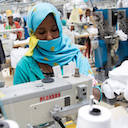
For decades, economists have promoted low-wage textile industry as the best way for poor countries to build a manufacturing base. In East Africa, the promised trickle-down effects of foreign investment have not materialized.
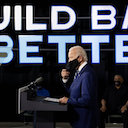
To envision a global Green New Deal requires a serious effort to grasp the deep inequities of the international economic order.
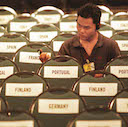
A quarter-century ago, the multilateral system of global economic governance had reached its pinnacle. Today, the WTO, the IMF, and the World Bank are experiencing a deep crisis of legitimacy.
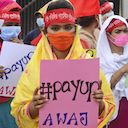
The workers who sew clothes for global apparel giants are facing widespread hunger and destitution during the pandemic—even as many of these corporations continue to turn a profit.
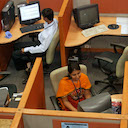
Discussion in the United States about secular stagnation, a long-term tendency toward weak business investment and slow growth, has mostly focused on wealthy countries. But slowing growth around the world cannot be explained as the sign of economic “maturity.”

Introducing the Spring 2021 special section, Global Economic Disorder.
It’s in moments when even the best-case scenario on the table doesn’t get us far enough that socialist ideas are most important.
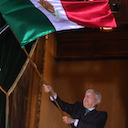
The Mexican president continues to decry neoliberalism, but his government is failing to build an effective alternative to it.

The rise of the global middle class threatens to blow up the environmental envelope. Can the link between income and emissions be broken?

To promote democratic and egalitarian ideals today, we need to break with the anxieties that drove U.S. politics during the Cold War.

Isabel Wilkerson’s account of racial oppression elides crucial differences between social inequality in South Asia and the United States—differences with real implications for emancipatory political projects.